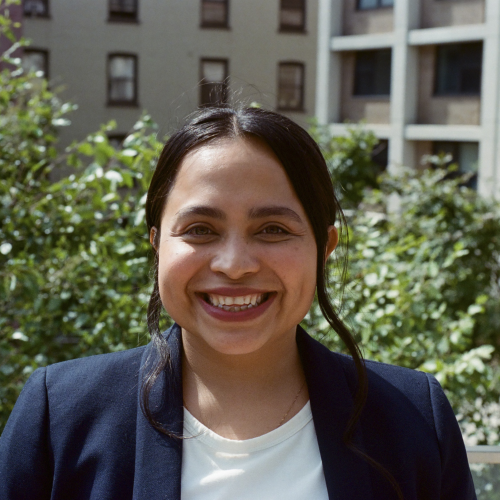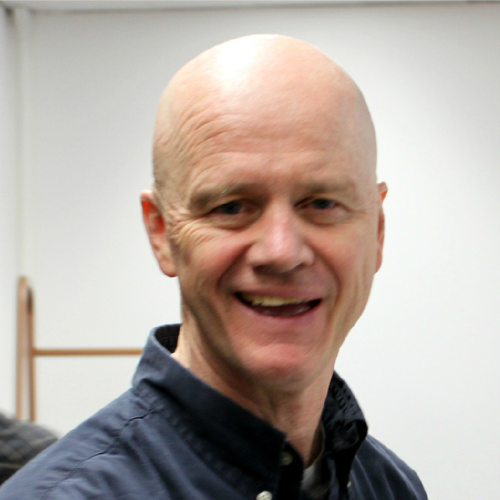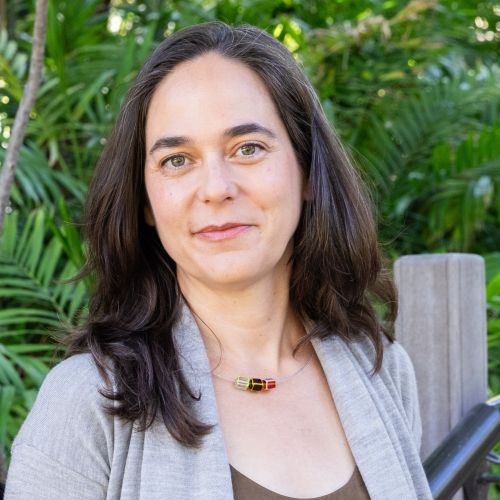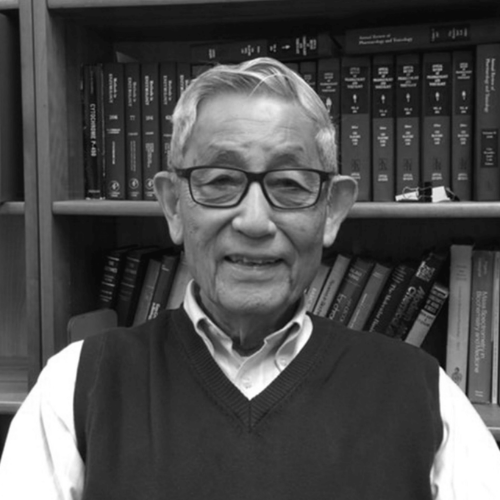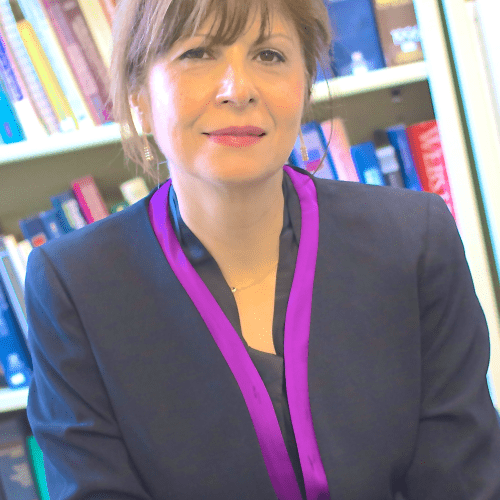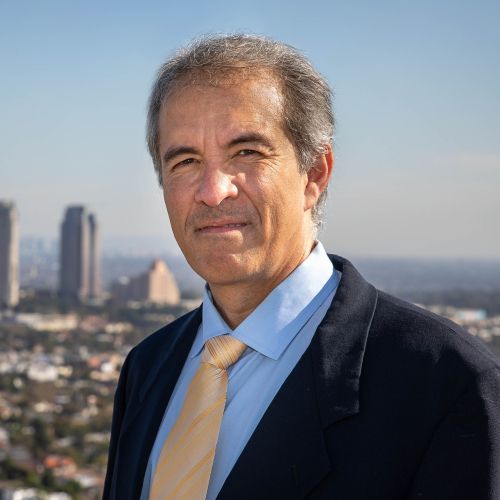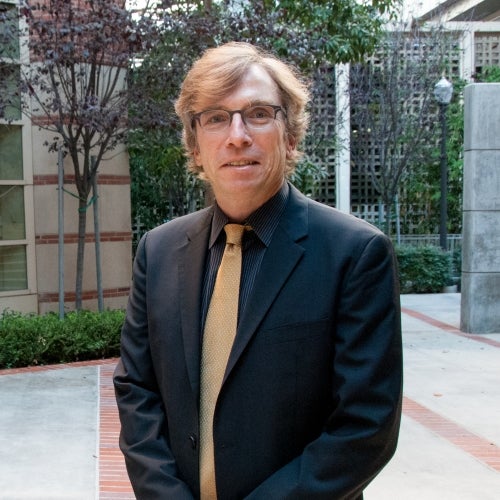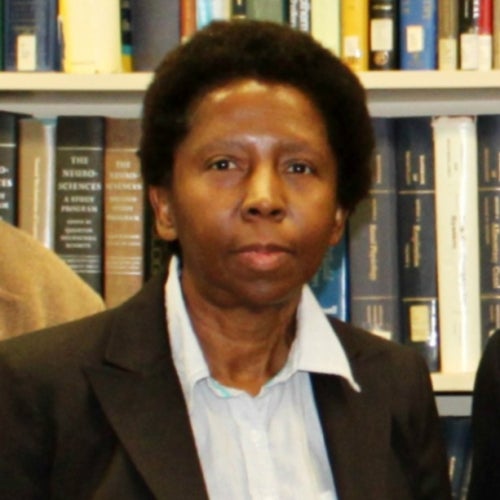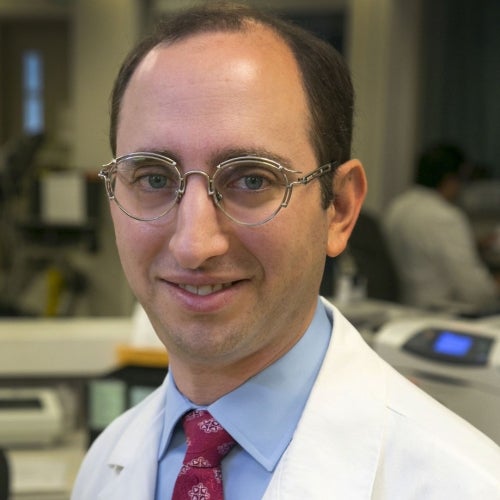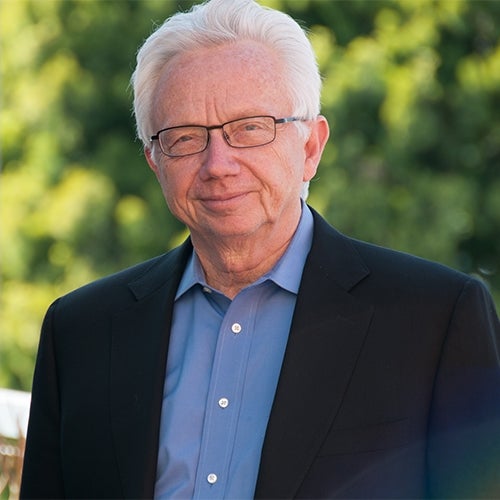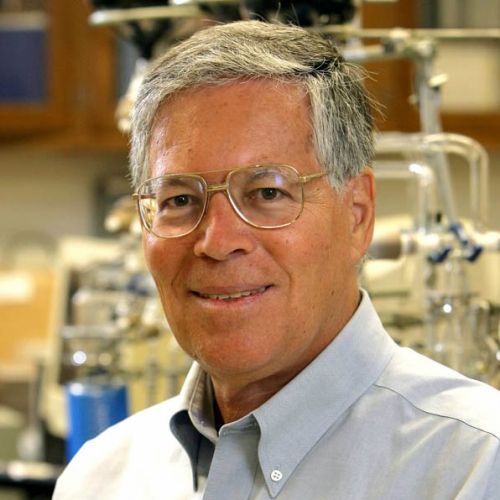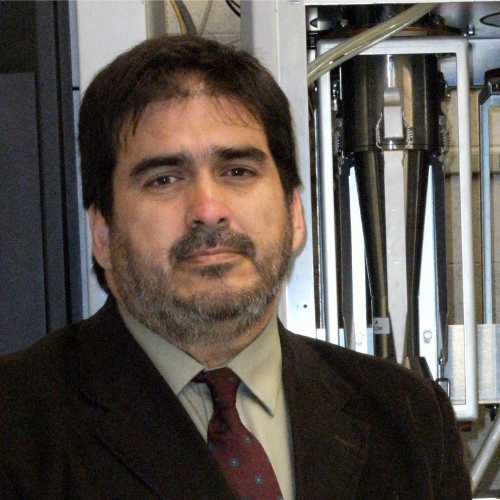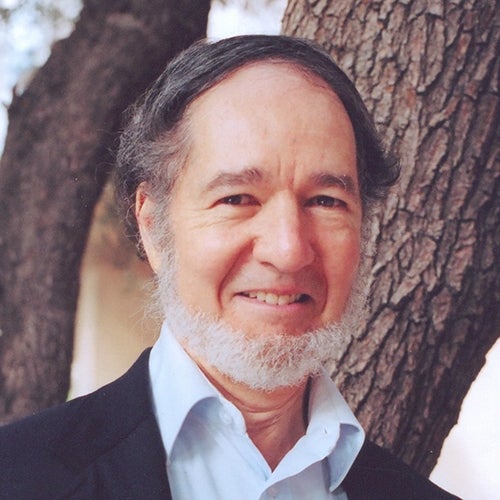WHO: Long working hours increase deaths from heart disease and stroke
Dr. Jian Li is a key contributor to international team that found long working hours increase deaths from heart disease and stroke.
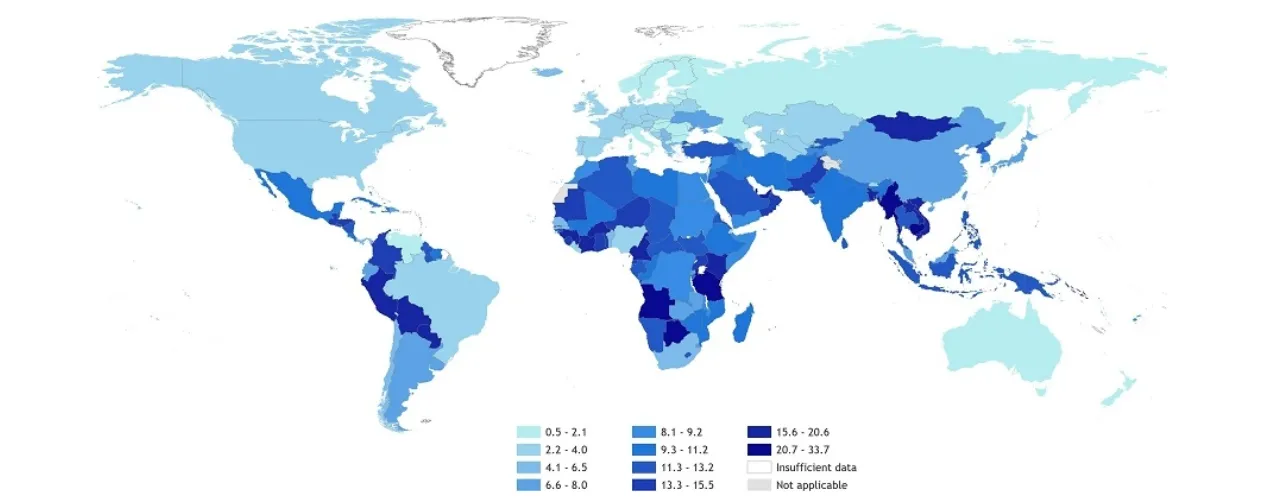
Long working hours led to 745,000 deaths from stroke and ischemic heart disease in 2016, a 29 per cent increase since 2000, according to the latest estimates by the World Health Organization (WHO) and the International Labour (cq) Organization published today in Environment International.
In a first global analysis of the loss of life and health associated with working long hours, WHO and ILO estimate that, in 2016, 398,000 people died from stroke and 347,000 from heart disease as a result of having worked at least 55 hours a week. Between 2000 and 2016, the number of deaths from heart disease due to working long hours increased by 42%, and from stroke by 19%.
“Our working group of 21 experts from 10 countries from around the globe found 37 studies on the effect of long working hours on ischemic heart disease,“ said Dr. Jian Li, a UCLA Fielding School of Public Health professor and a co-author of the study. “This huge body of evidence was by consensus rated as sufficient evidence for harmfulness and showed an increased risk of ischemic heart disease of 17%.”
This work-related disease burden is particularly significant in men (72% of deaths occurred among males), people living in the Western Pacific and South-East Asia regions, and middle-aged or older workers, said Li, who also has an appointment at the UCLA School of Nursing. Most of the deaths recorded were among people dying aged 60-79 years, who had worked for 55 hours or more per week between the ages of 45 and 74 years.
“Our finding that long working hours increases ischemic heart disease risk is ground-breaking,” said co-author Dr. Tracey J. Woodruff, director of the Program on Reproductive Health & the Environment, University of California, San Francisco. “Studies like this cannot happen without good science and rigorous systematic review methods. This type of evidence is critical to decision-making and protecting public health.”
With working long hours now known to be responsible for about one-third of the total estimated work-related burden of disease, it is established as the risk factor with the largest occupational disease burden. This shifts thinking towards a relatively new and more psychosocial occupational risk factor to human health. The study concludes that working 55 or more hours per week is associated with an estimated 35% higher risk of a stroke and a 17% higher risk of dying from ischemic heart disease, compared to working 35-40 hours a week.
“Work intensification is the new normal for many. These new estimates show that working 55 hours or more a week is common & increasing,” said Professor Frida M. Fischer of the University of São Paulo, also a member of the WHO team. “Current and new ways of working, including the gig economy and teleworking, will further this upward trend.”
Further, the number of people working long hours is increasing, and currently stands at 9% of the total population globally. This trend puts even more people at risk of work-related disability and early death. The new analysis comes as the COVID-19 pandemic shines a spotlight on managing working hours; the pandemic is accelerating developments that could feed the trend towards increased working time.
Governments, employers and workers can take the following actions to protect workers’ health:
- governments can introduce, implement and enforce laws, regulations and policies that ban mandatory overtime and ensure maximum limits on working time;
- bipartite or collective bargaining agreements between employers and workers’ associations can arrange working time to be more flexible, while at the same time agreeing on a maximum number of working hours;
- employees could share working hours to ensure that numbers of hours worked do not climb above 55 or more per week.
“Cardiovascular diseases caused by long working hours disproportionately affect people living in the Western Pacific & South-East Asia, people aged 60-74 years and men,” said Professor Sergio Iavicoli, secretary-general of the International Commission on Occupational Health. “Actions need to be targeted to protect these workers in particular.”
Methods: Two systematic reviews and meta-analyses of the latest evidence were conducted for this study. Data from 37 studies on ischemic heart disease covering more than 768,000 participants and 22 studies on stroke covering more than 839,000 participants were synthesized. The study covered global, regional and national levels, and was based on data from more than 2,300 surveys collected in 154 countries from 1970-2018.
Data availability statement: Supplementary data available at: https://www.sciencedirect.com/science/article/pii/S0160412021002208?via%3Dihub#s0150
Citation: Frank Pega, Bálint Náfrádi, Natalie C. Momen, Yuka Ujita, Kai N. Streicher, Annette M. Prüss-Üstün, Alexis Descatha, Tim Driscoll, Frida M. Fischer, Lode Godderis, Hannah M. Kiiver, Jian Li, Linda L. Magnusson Hanson, Reiner Rugulies, Kathrine Sørensen, Tracey J. Woodruff. Global, regional, and national burdens of ischemic heart disease and stroke attributable to exposure to long working hours for 194 countries, 2000–2016: A systematic analysis from the WHO/ILO Joint Estimates of the Work-related Burden of Disease and Injury. Environment International, 2021, 106595. https://doi.org/10.1016/j.envint.2021.106595
(https://www.sciencedirect.com/science/article/pii/S0160412021002208)
The UCLA Fielding School of Public Health, founded in 1961, is dedicated to enhancing the public's health by conducting innovative research, training future leaders and health professionals from diverse backgrounds, translating research into policy and practice, and serving our local communities and the communities of the nation and the world. The school has 631 students from 26 nations engaged in carrying out the vision of building healthy futures in greater Los Angeles, California, the nation and the world.
Faculty Referenced by this Article
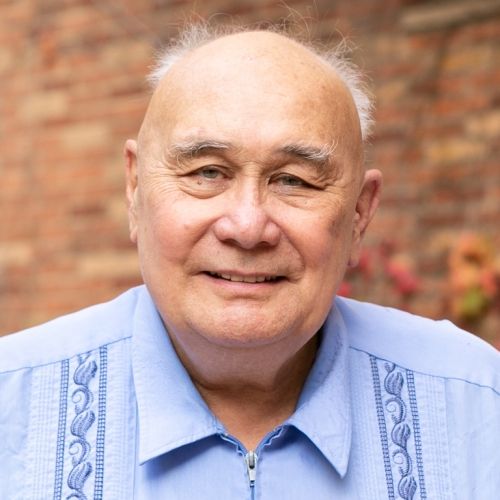
Industrial Hygiene & Analytical Chemistry

Dr. Hankinson is a Distinguished Professor of Pathology and Laboratory Medicine, and of EHS, and Chair of the Molecular Toxicology IDP

Associate Professor for Industrial Hygiene and Environmental Health Sciences


